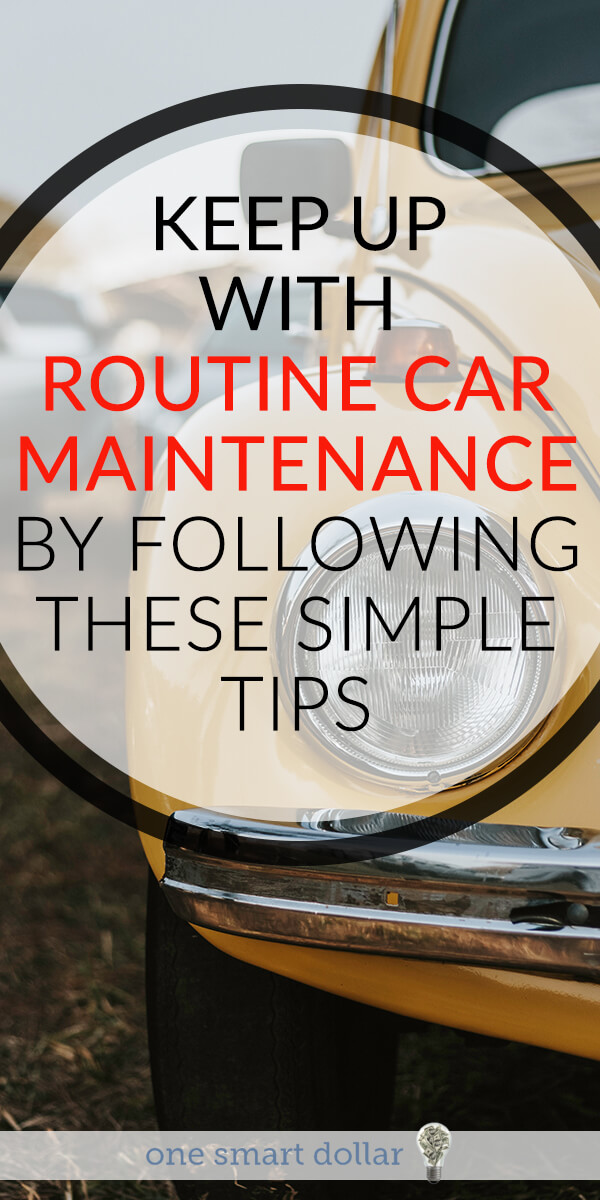
When you purchased your latest vehicle, you understandably knew you would have to put some money into it from time to time. In addition to weekly or biweekly gas fillups, you know your vehicle will occasionally require new tires, brakes and engine repairs.
What you’re hoping to avoid, however, is that dreaded “zone defense” approach to car ownership in which people are constantly throwing money at their vehicle and reacting to each problem. It’s better to be proactive and plan for upcoming repairs.
Fortunately, it’s possible to take control of car repair costs and have an idea when certain fixes need to be made. For instance, check out the following tips:
Brake Maintenance and Care
No matter the age of your car, experts suggest checking your brakes — including the pads and linings, fluid levels and hoses — at least once annually. Since brake pads are what helps to stop your car, along with the rotor, know that these pads will wear down over time from all of the friction during this process.
In fact, your brake pads should be replaced when they have 1/8 of an inch or less of padding remaining. Additionally, while the rotor disc should be shiny, it may have some lines on it; however, grooves indicate it’s time to have it replaced. Likewise, if you hear a screeching sound when you hit the brakes, it’s probably time to have the pads replaced.
To keep your brakes in good condition for as long as possible, avoid stomping on them as much as possible. For example, if you notice a traffic signal is already red — or about to turn red — gradually decrease your speed and brake slowly. You should also apply the three-second rule in order to maintain a safe driving distance between you and the car in front of you.
When you believe it’s time to purchase new brakes, make an appointment with a trusted mechanic who can verify whether it’s a necessity. And if you’re still looking for a local mechanic, it’s not a bad idea to get a few quotes from different auto body shops. Or, you could always ask friends or family members for recommendations.
Tires Treads
If you purchased your vehicle from a private seller and have no idea about the age of your tires, know there’s an easy trick to determine their age. Simply inspect the side of your tires and locate the longtail code of letters and numbers that starts with “DOT” and is followed by 10 to 12 numbers.
The last four digits represent the week and year in which the tire was manufactured. In general, it’s a good idea to replace your tires every 10 years, even if the treads look to be in good shape, so knowing how to check the age is important. You can also use the quarter trick to determine if your tires are showing signs of baldness.
Simply stick a quarter upside down in the tread, and if you can see the top of George Washington’s head, then it’s time to replace those tires. To keep your tires in good condition for as long as possible, make sure they’re rotated and balanced on a regular basis. When it’s time to replace them, stop by a local auto shop or order new tires online at an online retailer like TireBuyer.com, which can deliver those replacements directly to your home or a local tire shop for installation.
Regular Maintenance
Not sure when to schedule your next tune-up? Don’t fret. Simply refer to your owner’s manual to know when to schedule your next appointment. If you stick to these recommendations and don’t put off any routine maintenance — even if you believe your car is an optimal condition — you’ll stay ahead of the game and catch minor issues before they turn into major problems.
In fact, when you bring your car in for an oil change, know that’s also an ideal time for your mechanic to check your other fluid levels, as well as your headlights, belts and hoses, air filter, ignition, and wipers. Now, if you feel comfortable handling some or all of these tune-ups on your own, just be sure to perform them on a regular schedule.
Car Maintenance Doesn’t Have to Break the Bank
By adopting a proactive approach to routine maintenance — and a conservative style in driving — you’ll find that your car can perform well for years to come and likely won’t incur any major issues. Still, you’ll want to plan on spending some money to ensure it’s always road-ready, rather than putting down a big chunk of change less often. Ultimately, your budget and vehicle will thank you for it.

